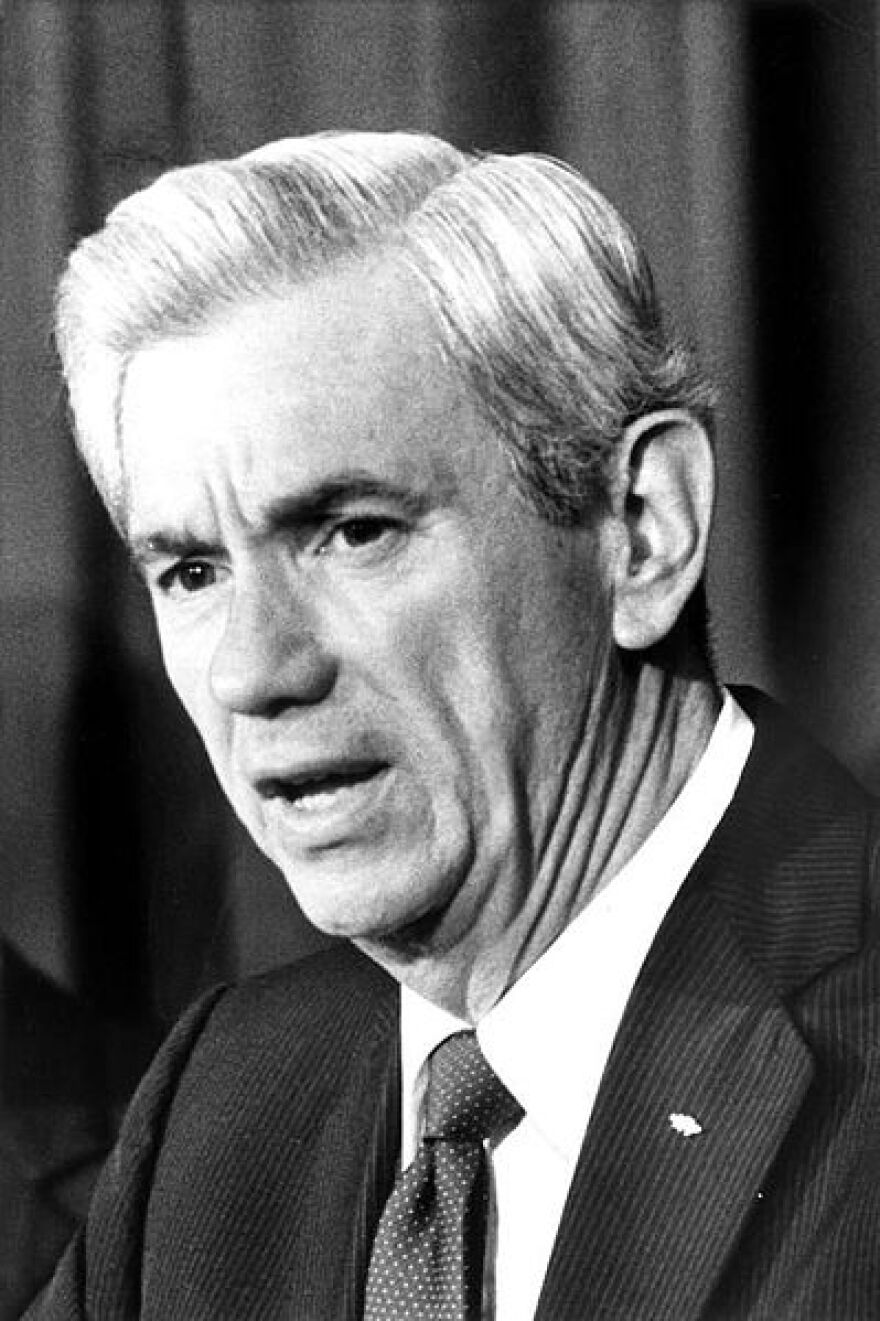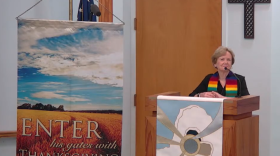Family members, lawmakers and friends of Former Gov. Reubin Askew met in Tallahassee for his memorial service Today.
In 1967, then-Senator Reubin Askew supported what would become a trailblazing law requiring openness in government, known as the Sunshine Law. At the time, a law allowing public access to government meetings was revolutionary. Now, it seems almost like an afterthought as many meetings are live streamed online.
EllynAngelotti, a faculty member of social media and law at the Poynter Institute, says Florida set a precedent for other states.
“It’s really led the way to encourage other states to follow some of the same standards Florida has set in place for government records and transparency”, said Angelotti .
Askew then went on to lead a campaign to pass Florida’s 1976 Sunshine Amendment, which requires financial disclosure by all public officials, candidates and employees.







